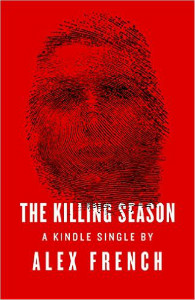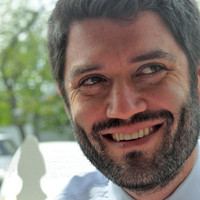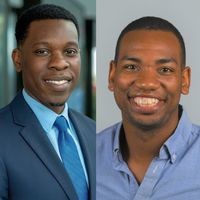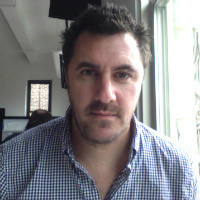McKay Coppins is a senior political writer for Buzzfeed News and the author of The Wilderness: Deep Inside the Republican Party's Combative, Contentious, Chaotic Quest to Take Back the White House.
“I am part of the problem. Not in the sense that it’s my fault Trump ran, but in the sense that I’m one of many who for his entire life have mocked him and ridiculed him. He’s a billionaire—I don’t feel any moral guilt about it. But if being I’m honest with myself that same part of me can also, when not checked, be projected onto vast swathes of people. It’s easy to have a lazy classism about the type of people who would vote for Donald Trump.”
Thanks to MailChimp and Blue Apron for sponsoring this episode.



















